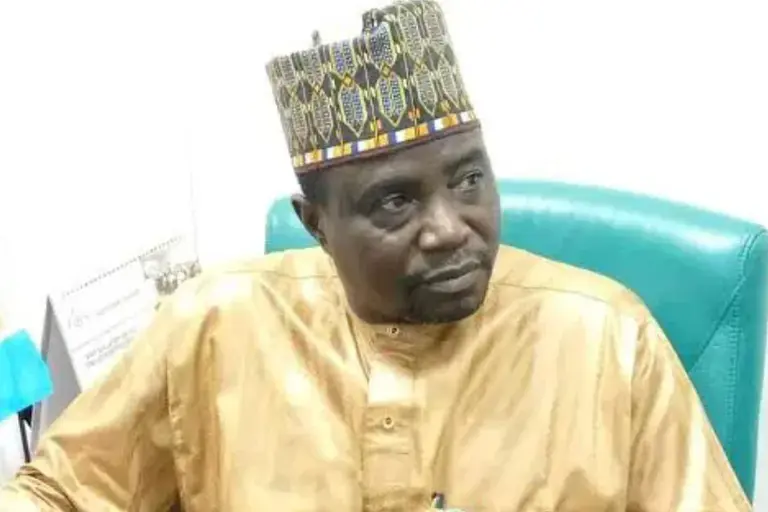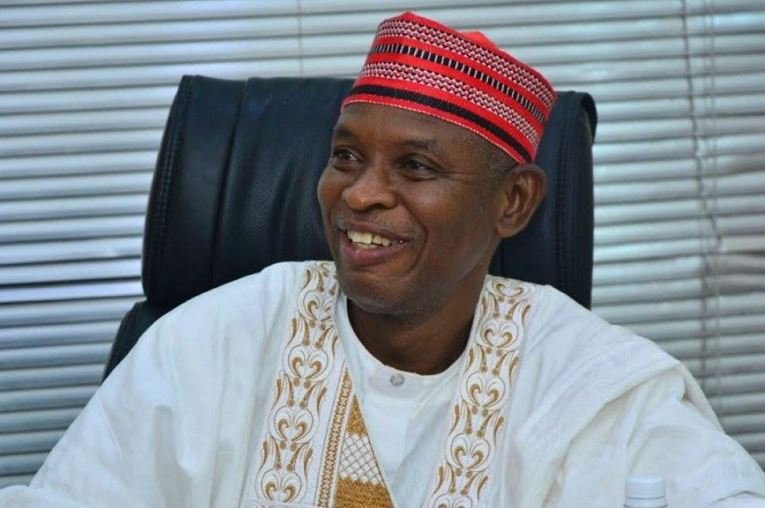The Socio-Economic Rights and Accountability Project (SERAP) has called on Senate President Godswill Akpabio and Speaker of the House of Representatives Tajudeen Abbas to urgently refer allegations that lawmakers pay up to ₦3 million to present bills, motions, and petitions at the National Assembly to the Economic and Financial Crimes Commission (EFCC) and the Independent Corrupt Practices and Other Related Offences Commission (ICPC) for investigation.
In an open letter dated August 16, 2025, and signed by SERAP deputy director Kolawole Oluwadare, the organisation also urged the lawmakers to name anyone involved in the alleged bribery and to ensure recovery of any proceeds. SERAP further called for the protection of Ibrahim Auyo, a House of Representatives member and whistleblower who made the allegations.
In a viral video recorded in Hausa, Auyo alleged that members of the National Assembly pay between ₦1 million and ₦3 million each to present bills, motions, and petitions. He said, “Since I was elected as a member in 2015, no individual has given me a bill to pass. And also, even the bills and petitions are paid for.” He added, “You have to pay from N3 million, N2 million, or N1 million to present it. And after you present the bill, you must follow up by lobbying the whole 360 members of the House to accept the bill.”
SERAP described the allegations as “a grave violation of the public trust and constitutional oath of office by lawmakers” and stressed that “lawmakers should not have to pay bribes to present motions and bills at the National Assembly. Bribery should never have any influence in the exercise of legislative duties or running of the National Assembly.”

The organisation said such allegations “make a mockery of lawmaking and legislative powers under section 4 of the Nigerian Constitution 1999 [as amended],” and noted that referring the matter to anti-corruption agencies “would improve public trust in the ability of the leadership of the National Assembly to ensure accountability in the exercise of lawmakers’ constitutional and legislative functions.”
SERAP also highlighted that Auyo is a protected whistleblower under Article 33 of the UN Convention against Corruption, to which Nigeria is a state party, and that “ensuring the investigation of allegations that lawmakers pay between ₦1 million and ₦3 million to present bills, motions, and petitions and prosecution of suspected perpetrators would improve transparency and accountability in the National Assembly, and build trust in democratic institutions.”
The civil society group further reminded the National Assembly that Section 15(5) of the Nigerian Constitution requires public institutions to abolish all corrupt practices and abuse of power, and that Nigeria is legally bound under the UN Convention against Corruption to prevent and combat corruption including bribery.









